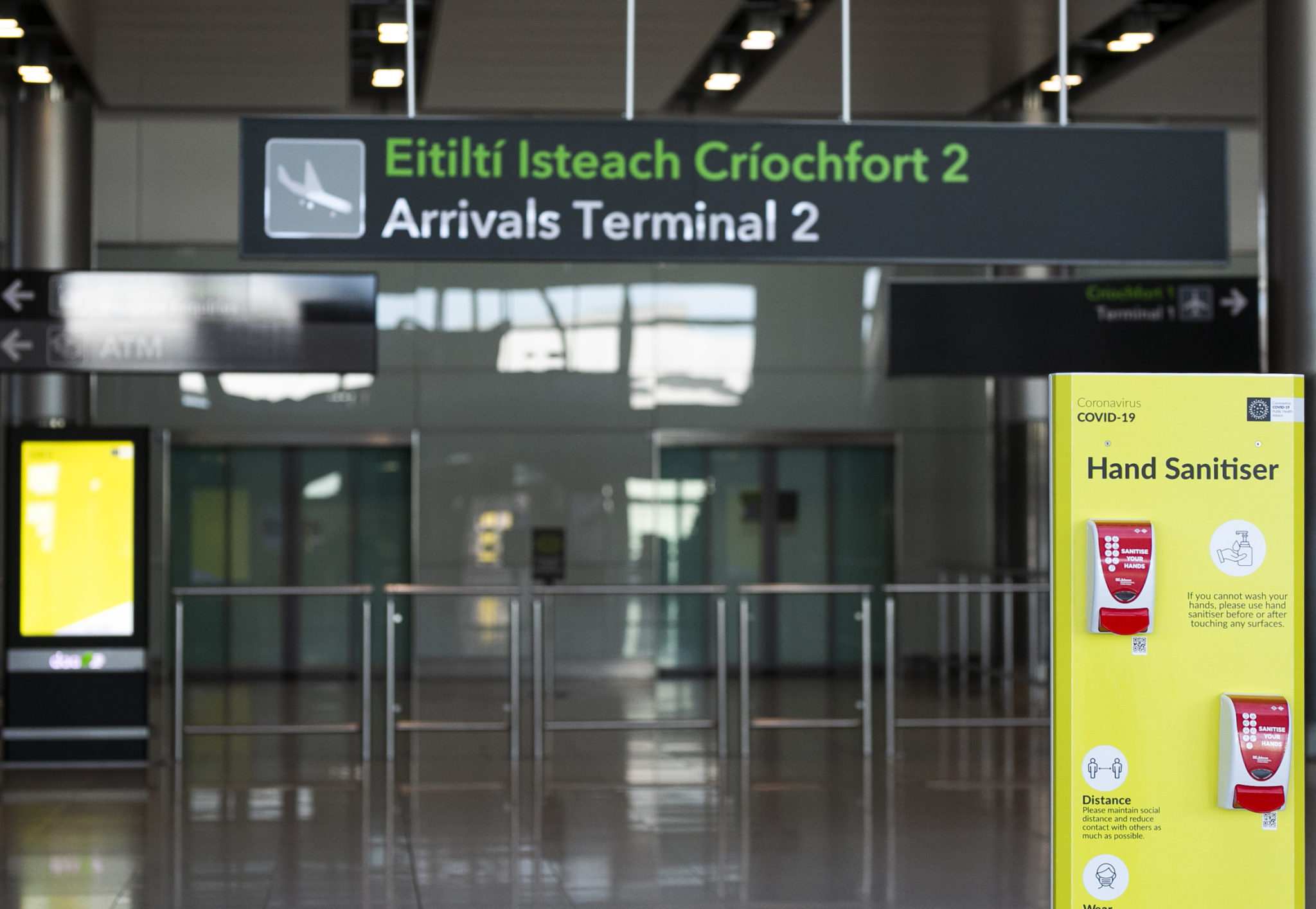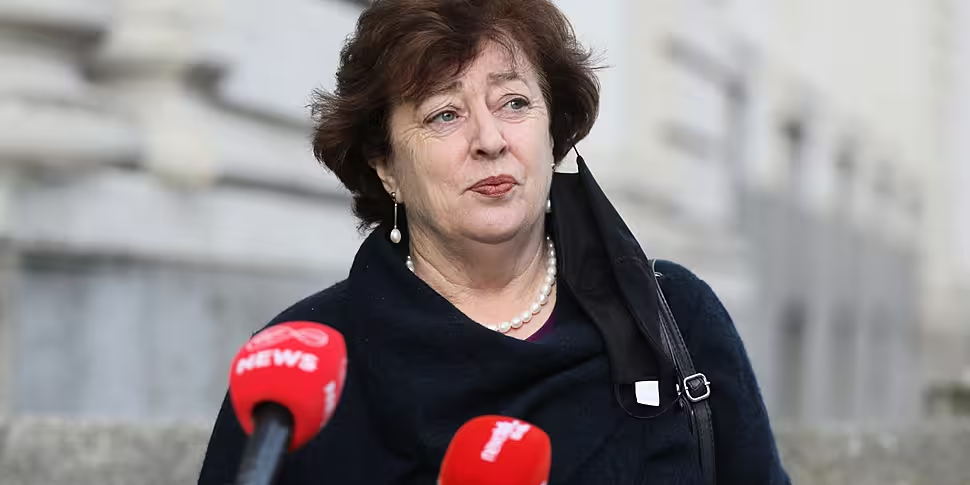Concerns have been raised about the efficacy of Ireland's contact tracing measures for incoming flights by a tracing employee.
The employee shared their concerns in correspondence with the co-leader of the Social Democrats Catherine Murphy.
The contact tracer gave details on a number of flights that arrived into Ireland over the last few months.
Among them was a long-haul flight in which it took seven days for the flight manifest to reach the tracing system.
Speaking to Tom Dunne on the Moncrieff programme, Deputy Murphy said she was "alarmed" by the information, saying it was her understanding that locator forms rather than flight manifests were used to contact passengers after they had landed.
One of the risks associated with not being able to trace international arrivals is that variants of concern could end up being transmitted in the community, she explained.
"Nearly 250 flights into Ireland have had at least one confirmed case of COVID-19 since January 1st but it's how people are traced after that that's the problem," Deputy Murphy said.
"For example, flight manifests are being used, rather than a locator form and it means that the tracer doesn't get the manifest, some of which are poor quality, until seven to ten days after the flight arrived.
"In one particular flight that originated in western Europe, there were two positive cases and their journeys originated in India.
"The whole idea of this is to try and pick up variants that are variants of concern and to try and make sure we don't import those variants and they're not transmitted in the community.
"Essentially, track and trace is absolutely central to making sure that for the flights that do come in, there is a system to track and trace and make people themselves are safe as well as making sure there isn't a variant
"What I'm hearing from the contact tracer I talked to is that there is an enormous amount of goodwill when they contact people who were on a flight and there's a high level of cooperation and they're saying that's a different experience here to other countries."
 The arrivals hall at Dublin Airport. Photo: Sam Boal/Rollingnews.ie
The arrivals hall at Dublin Airport. Photo: Sam Boal/Rollingnews.ieDeputy Murphy added that there appears to be multiple layers of management with no feedback mechanism within the system.
She said it is important to make sure the system works effectively now so that when international travel resumes, it can be done so safely.
"People want to have confidence in the system, they are really putting in the effort themselves and have done over the past years," she added.
"There's no doubt that there has been a high level of compliance but the Government have to do their part in making sure that the systems they have in place are robust enough to make sure that they actually work.
"There's mandatory hotel quarantine for particular cohorts but there are others that are coming in on flights that will have a negative PCR test."
Deputy Murphy added that the person she has received correspondence from reported a "false sense of security" in relation to PCR tests.









